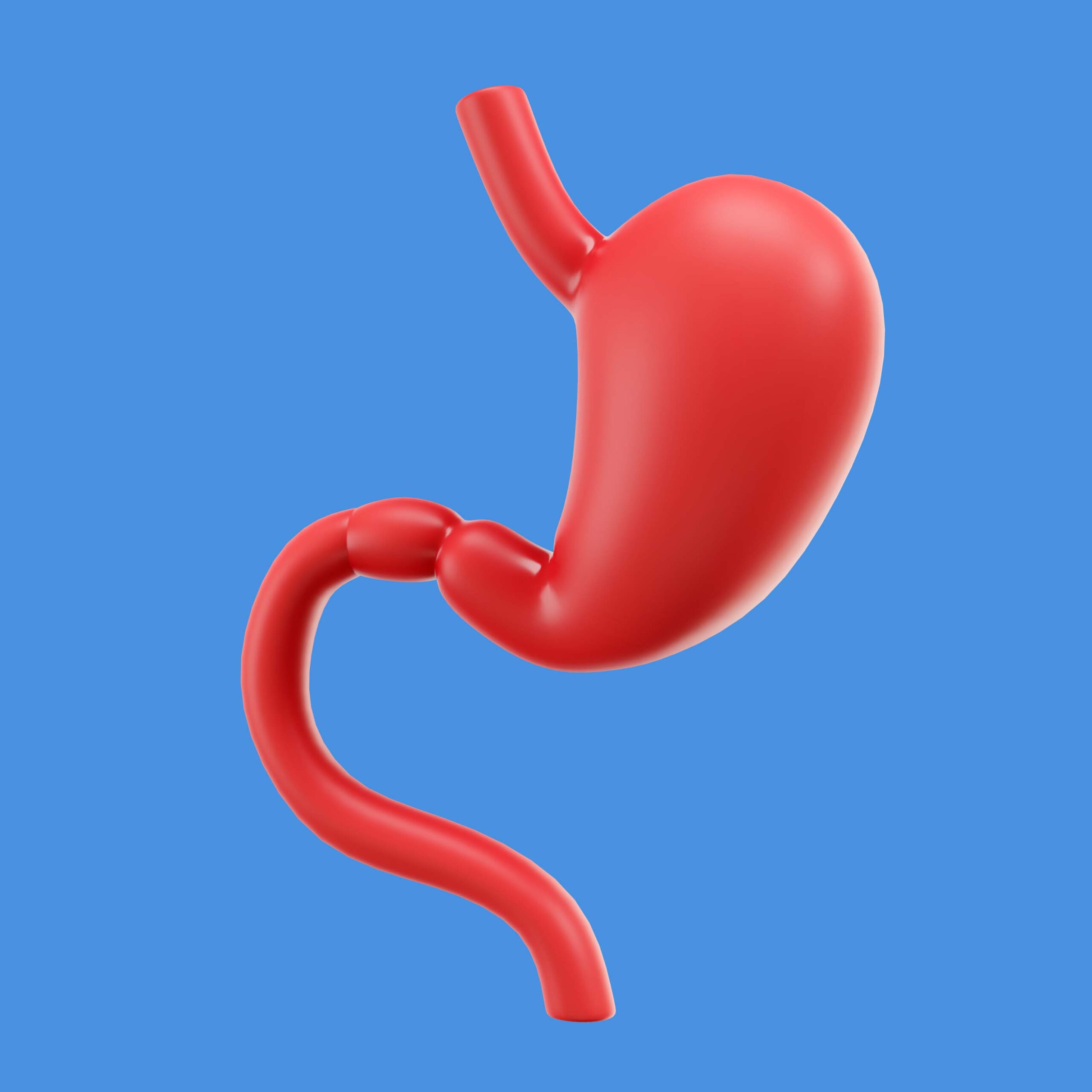Bariatric surgery is a significant step on the road to weight loss and a healthier life for many people.
There are several types of bariatric surgery:
- Gastric bypass: In this procedure, a small pouch is created at the top of the stomach and connected directly to the small intestine. This limits the amount of food that can be eaten and reduces calorie absorption.
- Gastric Sleeve: Also known as a sleeve gastrectomy, a large portion of the stomach is removed, leaving a tube-like portion or “sleeve”. This reduces the capacity of the stomach and decreases the production of the hunger hormone, leading to reduced food intake.
- Adjustable gastric banding: In this procedure, an inflatable band is placed around the upper part of the stomach, creating a small pouch. The band can be tightened or loosened to control the amount of food that can enter the stomach.
- Biliopancreatic diversion with duodenal switch: This surgery involves removing part of the stomach to create a smaller pouch and then reconnecting the small intestine to reduce nutrient absorption.
Selecting the right patient to undergo this surgical procedure involves a thorough evaluation that considers various medical, psychological and lifestyle factors. General criteria include:
- body mass index (BMI): Typically, patients who are candidates for bariatric surgery have a BMI greater than 40 kg/m² or a BMI of 35-39.9 kg/m² with obesity-related medical conditions such as type 2 diabetes, high blood pressure, sleep apnoea or other co-morbidities.
- Medical history: The patient’s medical history is evaluated to identify conditions that may influence the surgery or postoperative outcome, such as heart disease, respiratory problems, gastrointestinal problems, etc.
- Previous attempts at weight loss: Consideration is given to whether the patient has tried to lose weight through dietary changes, exercise and other medical interventions without long-term success.
- Age and general health: Although there is no age limit for bariatric surgery, the patient’s general health and ability to tolerate the surgery is assessed.
- Commitment to lifestyle change: Ideal candidates must be committed to making significant lifestyle changes after surgery, including dietary changes, regular exercise and ongoing medical follow-up.
- Psychological evaluation: A psychological evaluation is performed to determine the patient’s ability to understand and manage the emotional and lifestyle changes associated with bariatric surgery. It also seeks to identify possible eating disorders or psychological problems that could affect long-term success.
- Realistic expectations: It is essential that the patient has realistic expectations about the results.
However, after the intervention, following specific dietary guidelines is crucial for a successful recovery and a long-term sustainable lifestyle.
Initial Phase: Patience and Essential Nutrition
After surgery, the start is usually with a clear liquid diet. This first step is essential to allow the body to recover without putting too much strain on the digestive system. Clear liquids provide the necessary hydration and basic nutrition for the first few days or weeks.
Gradual Transition to Solid Foods
Once the liquid phase is over, thick liquid foods and purees are introduced. This transition takes place gradually, allowing the body to adapt to different consistencies and textures. The key at this stage is to proceed step by step, following the indications of the medical team.
Importance of Protein and Vitamins
Protein intake is essential in the postoperative diet. Foods such as chicken, turkey, fish, eggs and low-fat dairy products will be essential, as well as, some protein supplements to meet the necessary requirements for muscle recovery and maintenance.
In addition, due to the reduced ability to absorb nutrients, vitamin and mineral supplements are commonly needed. Iron, calcium, vitamin D and vitamin B12 are often essential and should be taken as recommended by the medical team.
Tips for Mindful Eating
Chewing food well and eating slowly are habits that help prevent digestive problems and help with portion control. Avoiding sugary, fried and high-fat foods is also crucial for proper digestion and long-term health.
Staying Hydrated and in Control
Adequate water intake is essential for overall health. However, drinking large amounts of fluids during meals should be avoided, as this can cause stomach discomfort and bloating.
Follow-up and Ongoing Support
The key to a successful recovery after bariatric surgery lies in following the guidelines provided by the medical and nutritional team. Regular follow-up with a nutritionist specialised in bariatric surgery is crucial to adjust the diet according to individual needs and to ensure adequate nutrition in the long term.
In summary, nutrition after bariatric surgery is a vital component in the process of recovery and adjustment to a new lifestyle. Following these nutritional guidelines will help maximise the results of surgery and maintain good long-term health.



